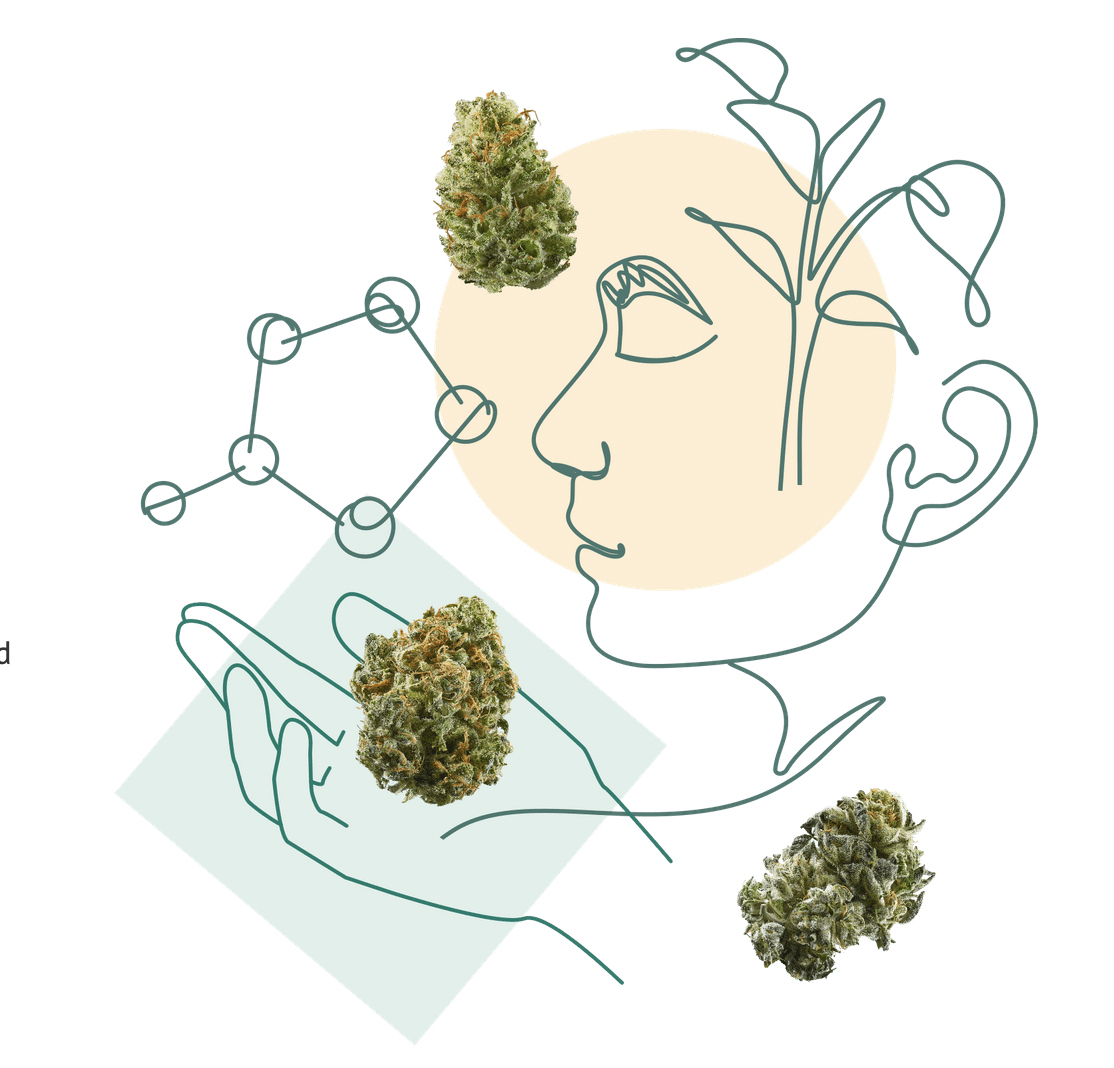Seattle, WA-based Leafly today announced a new program named Leafly + University that allows accredited cannabis researchers to access proprietary data from Leafly database — one of the world’s largest cannabis information resources. The information opened to researchers does not include customer information and is curated to be of the most use to academics studying the scientific compounds of cannabis.
Research will tap into the treasure trove of Leafly’s cannabis data library, which include tens of thousands of cannabinoid and terpene strain profiles from the Leafly-Certified Labs Program. Founded in 2010 as an online cannabis information source for the cannabis curious, the company’s database also includes 1.5 million consumer product reviews and more than 11,000 articles about cannabis. The cannabis discovery marketplace, which was the first cannabis company to advertise in the New York Times, Leafly recently introduced direct ordering from its website. According to the company its site draws 100 million visitors a year.

LeaFly is a woman-led company. Yoko Miyashita was appointed CEO of Leafly in August 2020 after serving as the company’s General Counsel since 2019. PHOTO COURTESY LEAFLY
“As the cultural and legal landscapes of cannabis access and consumption continue to evolve, the need for more intensive research cannot be understated,” said Nick Jikomes, PhD and director of science & innovation for Leafly. “After several successful partnerships with university institutions, we decided to open up our data library to the rest of the cannabis academic community. We hope to help play a role in creating universal understanding of this magical and mysterious plant.”
Standardization through science
Earlier this year, Leafly and the University of Colorado Boulder co-published research on the chemical composition of marijuana products. The study — the largest analysis of its kind — found that commercial cannabis labels “do not consistently align with the observed chemical diversity” of the product, demonstrating a need for a standardized labeling system across the cannabis industry.
Brian Keegan, a co-author of the study and assistant professor at the University of Colorado Boulder said that partnerships like Leafly + University are critically important as the industry continues to mature and that the need to unlock more information about cannabis will only continue to increase.
Advertisement
“Leafly was an outstanding research partner in an area that desperately needs less hot air and more empirical research. Leafly provided its one-of-a-kind dataset and made their experts available to answer our questions,” said Brian Keegan, Ph.D. and Assistant Professor in the Department of Information Science at the University of Colorado Boulder. “We went from a research question and design to executing agreements, shared data, and submitting a collaborative manuscript in the space of nine months. That is less time than I wait on most grant proposals and journal manuscript decisions.”
For more information on becoming part of the Leafly + University cannabis research program, visit: www.leafly.com/research.
 After several successful partnerships with university institutions, the Leafly + University program will unlocks proprietary data from the online cannabis resource’s expansive database, at no cost. PHOTO COURTESY BUSINESS WIRE
After several successful partnerships with university institutions, the Leafly + University program will unlocks proprietary data from the online cannabis resource’s expansive database, at no cost. PHOTO COURTESY BUSINESS WIRE
















